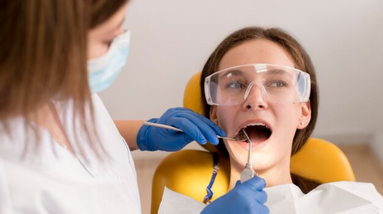
Oral biology is a branch of biology that focuses on the study of the oral cavity and its surrounding structures. This field encompasses a range of disciplines, including anatomy, physiology, microbiology, immunology, genetics, and pathology, among others.
The oral cavity is a complex environment that is home to a wide variety of microorganisms, including bacteria, viruses, fungi, and protozoa. Oral biology researchers study these microorganisms and their interactions with the host, as well as the role they play in the development of oral diseases, such as dental caries (tooth decay), periodontal disease (gum disease), and oral cancer.
In addition to studying microorganisms, oral biology researchers also investigate the structure and function of the oral cavity and its surrounding structures, including the teeth, gums, tongue, and salivary glands. They study the processes involved in chewing, swallowing, and speaking, as well as the mechanisms that control these processes.
Oral biology also encompasses the study of genetics and the role it plays in the development of oral diseases. Researchers study the genetic factors that contribute to susceptibility to oral diseases, as well as the genetic basis of inherited oral conditions, such as amelogenesis imperfecta and dentinogenesis imperfecta.
The findings of oral biology research have important implications for the prevention, diagnosis, and treatment of oral diseases. By understanding the underlying biology of oral diseases, researchers can develop new and more effective strategies for prevention and treatment. Oral biology also provides a foundation for the development of new technologies, such as tissue engineering and gene therapy, that may one day be used to treat oral diseases.